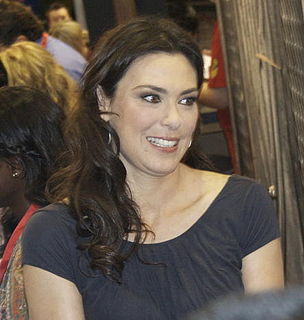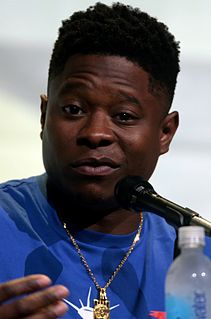A Quote by Dee Rees
'Mudbound,' you know, is about home. 'Mudbound' is about what it means to be a citizen, and 'Mudbound,' in fact, is set in this post-reconstruction era that we haven't really explored. You know, not since 'Sounder' have we even really explored that experience.
Related Quotes
I realized how little I knew about my own country. I had grown up in the suburbs and, after college, I moved out of the country, so I didn't really know the place well. When I started following soldiers and their families back home, it provoked a lot of the questions about who we are as a nation, questions I realized couldn't be explored through the more limited framework of looking at the military at war and at home.






























